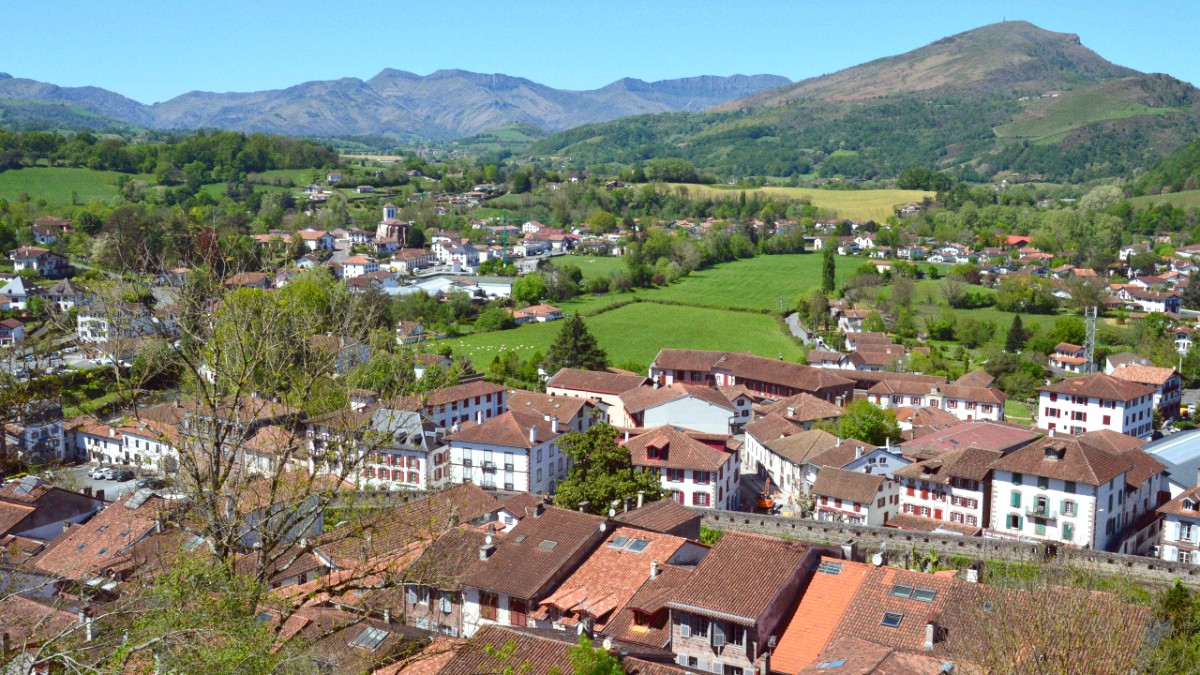
France
France offers various options for mobile service, ensuring travelers stay connected.
Wi-Fi is widely available, with good mobile data coverage in most populated areas.
While French is universal, Basque is spoken by a minority; English can be found in tourist areas.
A few basic French phrases facilitate daily interactions and leave a positive impression.
Always ensure your phone is unlocked before traveling if you plan to use a local SIM card. Downloading offline language packs for translation apps is a pragmatic choice.
Schedules can vary by season; checking ahead is advisable.
Typically open from 9-10 AM to 7-7:30 PM. Smaller boutiques often close for a lunch break (12:30-2:00/3:00 PM). Most shops are closed on Sundays outside major tourist zones.
Lunch service typically 12:00-2:30 PM. Dinner service 7:00-9:30/10:00 PM. Many close between these hours. Full meals outside these times may be difficult to find.
Larger supermarkets open around 8:30-9:00 AM, closing between 7:30-9:00 PM. Many tourist-area supermarkets operate Sunday mornings until 12:30 PM.
Access to health services and financial institutions. Pharmacies often have specific lunch closures.
Opening hours vary widely by season. Checking official websites for current schedules is prudent.
For an optimal experience, align your activities with typical French business hours, especially for dining. Always confirm schedules for specific attractions to avoid disappointment.
Politeness is highly valued. Your manner of dress varies with the setting.
Service is included in the bill by law, so tipping traditions differ from some other countries.
Respect local privacy and be mindful of sensitive topics in conversation.
France is generally progressive regarding equality and rights for all.
Simple greetings in French, or even a few words in Basque, are well received.
France has made advancements in improving accessibility for travelers with disabilities. However, some challenges persist, notably within older infrastructure.
Improvements are in place for public buildings and transport, though historical areas may present difficulties.
Many sites and public transit options are adapted for varying needs.
Look for the "Tourisme & Handicap" certification, identifying sites accessible to people with motor, visual, auditory, and mental disabilities.
Contact offices in Biarritz, Bayonne, or Saint-Jean-de-Luz. They often have local information on accessible routes, facilities, and services.
Consider using an agency specializing in accessible travel for personalized planning and confirmed accessible options.
Always call or email specific attractions, hotels, or restaurants in advance to confirm their current accessibility features, especially if your needs are specific. Websites may not always be fully up-to-date.